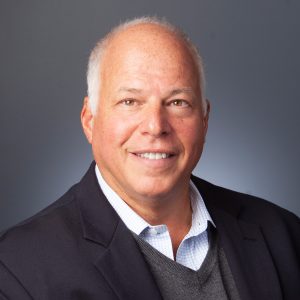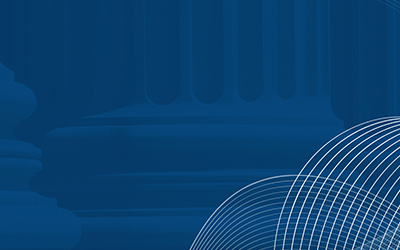The Democratic candidate debates have helped move healthcare to the top of voters’ priority lists. 55% of voters like the present healthcare system as opposed to 37% who would like to see it struck down, according to a recent Kaiser Family Foundation survey. This is the highest approval rating since the Affordable Care Act was passed into law.
Viewpoints from Craig Hasday
This fact will represent a voting obstacle for Bernie Sanders supporters who have made Medicare for All a campaign centerpiece; people like their current healthcare plans. And while 52% of voters support Medicare for All, 66% would favor a public option, where individuals can opt into the Medicare system, while at least in theory, preserving the current options.
Most other Democratic candidates have stated or seem to be leaning toward a public option. President Trump, who has indicated he has a solution to healthcare cost increases, has held any specifics to himself. The issue is so polarizing, it makes sense that he would not reveal the plans he has, if in fact, there are any.
A recent release from NORC at the University of Chicago, a non-partisan research group, reveals that one in five Americans reported that they or someone in their household have contributed to a crowdfunding campaign to pay for medical expenses and 8 million Americans have started a campaign for themselves or someone in their household.
Two-thirds of those surveyed by NORC think the government should pay a greater share of healthcare costs. And interestingly one-third of contributors to crowdsourcing campaigns had no connection with the recipient. Healthcare costs are crippling many Americans and we are all sympathetic. But as revealed in Tuesday night’s debate, the additional cost absorbed by the government will ultimately come out of the taxpayer’s pocket and these costs are enormous.
Tough problem, a lot of opinions and no clear solutions. The debate has been and will continue to be lively.
Related Content
Products
Employee Benefits Consulting
Our dedicated EPIC benefits team is focused on delivering better outcomes – to both your benefits program ...
Industries
Healthcare
Our healthcare practice is known around the world for its expertise and passion in delivering exceptional ...
Products
Pharmacy Solutions
Our pharmacy experts work with the health and welfare teams to deliver certainty and direction for your ...



